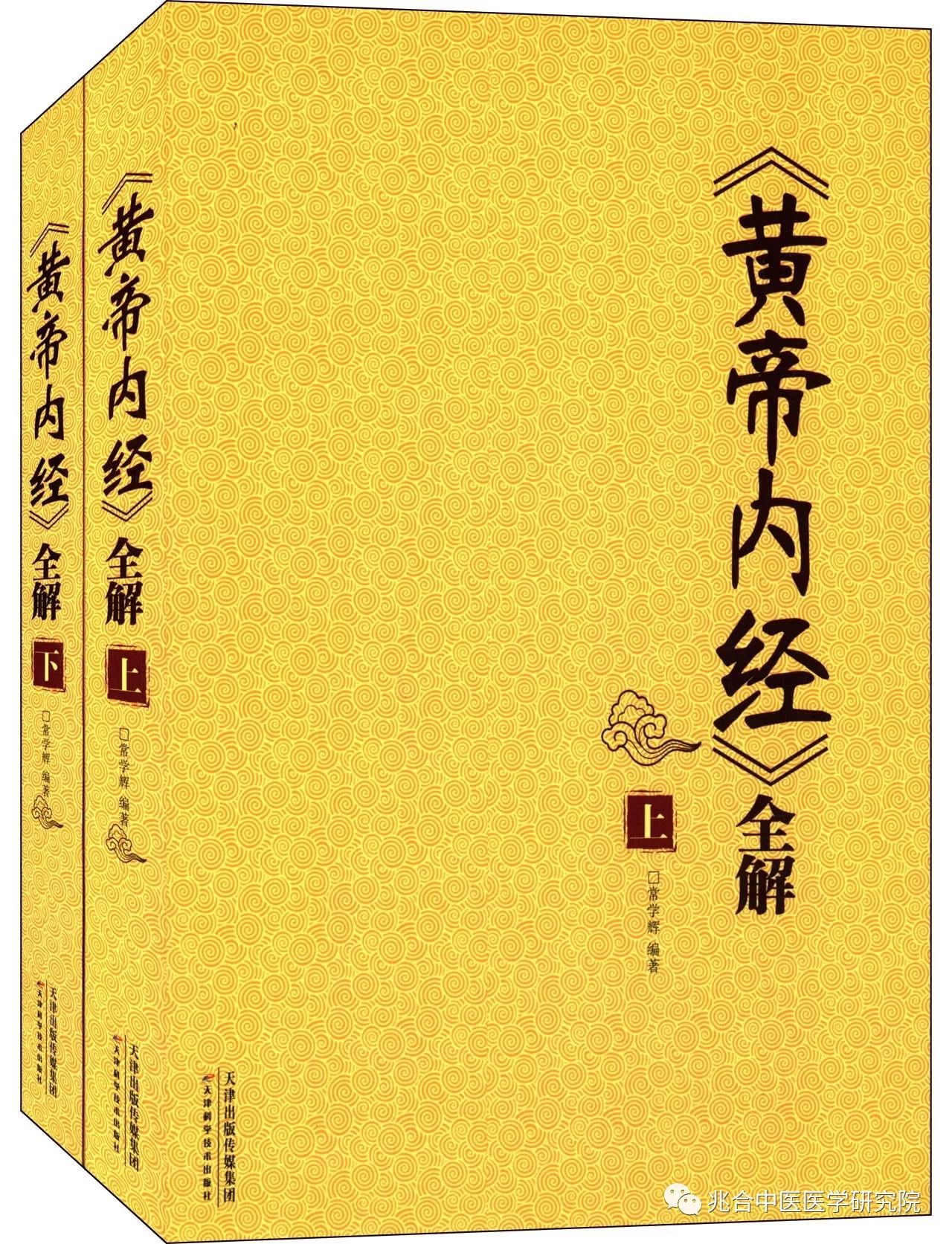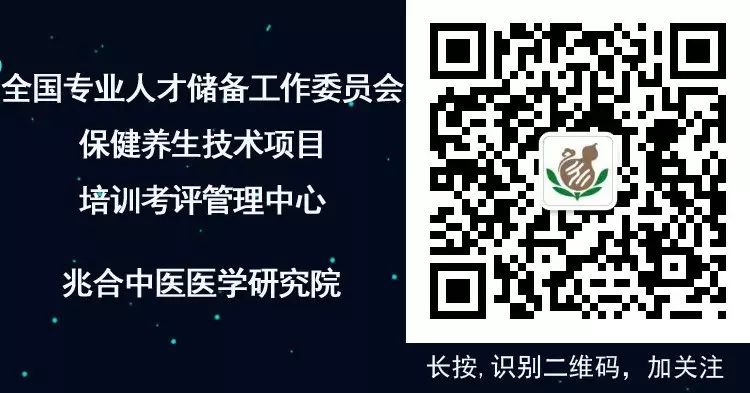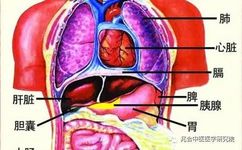
Five Organs (Wu Zang)
1. Heart (Xin):The heart is the residence of the spirit, the master of blood, and the root of the pulse; the heart is interiorly related to the small intestine.
It belongs to the fire element;
① Governs blood vessels; ② Governs consciousness;
The heart opens to the tongue, connects with the pulse in the body, its manifestation is on the face, in emotions it corresponds to joy, and in fluids, it corresponds to sweat.
2. Lung (Fei):The lung is the place of the corporeal soul and the master of qi; the lung is interiorly related to the large intestine.
It belongs to the metal element;
① Governs qi and controls respiration; ② Governs diffusion and descending; ③ Regulates water pathways; ④ Governs the hundred vessels and treats stagnation;
It assists the heart in regulating the circulation of qi and blood; the lung connects to the throat, corresponds to the skin, its manifestation is in hair, in emotions it corresponds to worry, and in fluids, it corresponds to mucus.
3. Spleen (Pi):The spleen is the source of the transformation and transportation of qi and blood, the foundation of postnatal life, and stores intention; the spleen is interiorly related to the stomach.
It belongs to the earth element;
① Governs transformation; ② Governs the rising of clear qi; ③ Governs blood regulation;
It opens to the mouth, connects with the flesh, governs the four limbs, its manifestation is in the lips, in emotions it corresponds to thought, and in fluids, it corresponds to saliva.
4. Liver (Gan):The liver is the place of the ethereal soul, the storehouse of blood, and the root of tendons; the liver is interiorly related to the gallbladder.
It belongs to the wood element, governing the rising and movement;
① Governs the smooth flow of qi; ② Governs blood storage;
It opens to the eyes, connects with the tendons, its manifestation is in the nails, in emotions it corresponds to anger, and in fluids, it corresponds to tears.
5. Kidney (Shen):The kidney is the foundation of pre-natal essence, stores will, and the lower back is the organ of the kidney; the kidney is interiorly related to the bladder.
It belongs to the water element;
① Stores essence, governs growth, development, and reproduction; ② Governs water; ③ Governs the intake of qi;
It corresponds to the bones, governs bone marrow, its manifestation is in hair, opens to the ears and the two yin (anus and perineum), in emotions it corresponds to fear, and in fluids, it corresponds to saliva.

Six Bowels (Liu Fu)
1. Gallbladder (Dan):Stores and excretes bile, the gallbladder governs decision-making.
2. Stomach (Wei):Receives and digests food and drink, the stomach descends to harmonize.
3. Small Intestine (Xiao Chang):Governs the reception and transformation of substances, it separates the clear from the turbid, “the small intestine governs fluids”.
4. Large Intestine (Da Chang):Transforms and excretes waste, the large intestine governs fluids.
5. Bladder (Pang Guang):Stores and excretes urine, relying on the kidney’s qi transformation function.
6. San Jiao (Triple Burner):Facilitates the flow of original qi, governs the qi mechanism and transformation, serving as the pathway for water and fluids.

Twelve Meridians (Shi Er Jing Luo)
In a day, there are twelve time periods (24 hours), each period corresponds to a meridian, connecting end to end.
Zi Hour: 23:00—1:00;
Gallbladder Meridian (Dan Jing):Deep sleep! The gallbladder needs metabolism,when a person sleeps during the Zi hour, the gallbladder can complete its metabolism.
Chou Hour: 1:00—3:00;
Liver Meridian (Gan Jing):Deep sleep! This is the best time for liver repair, waste blood needs to be eliminated, and fresh blood needs to be produced.
During this time, entering deep sleep allows the liver to gain sufficient energy. If one does not sleep, the liver continues to output energy to support thinking and actions, failing to complete metabolism, leading to liver disease.
Yin Hour: 3:00—5:00;
Lung Meridian (Fei Jing):The transformation of yin and yang begins at this moment, transitioning from yin to yang, the body enters a time of yang dominance and yin decline, the lung meridian is at its peak.
The liver provides blood to the lungs, which then distributes it throughout the body. At this time, the body requires a large amount of oxygen. Patients with lung diseases or asthma find that taking medication during the Yin hour is more effective than during the day.
Yao Hour: 5:00—7:00;
Large Intestine Meridian (Da Chang Jing):Defecation! At this time, the large intestine meridian is active, absorbing moisture and nutrients from food, drinking a cup of warm water before defecation helps eliminate waste.
Chen Hour: 7:00—9:00;
Stomach Meridian (Wei Jing):At this time, gastric acid is continuously secreted; if one does not eat breakfast, there is a risk of gastric ulcers, gastritis, duodenitis, and cholecystitis!
Si Hour: 9:00—11:00;
Spleen Meridian (Pi Jing):(Drink more water at this time) The spleen is the overall coordinator of digestion, absorption, and excretion,the spleen is the foundation of postnatal life.
To nourish the spleen: Job’s tears, red beans, and yam porridge. Drink 2000ml of water daily (about 5 bottles of mineral water), consistency is key, avoid other beverages.
Wu Hour: 11:00—13:00;
Heart Meridian (Xin Jing):The heart drives blood circulation, nourishes the spirit, qi, and tendons.
A short nap can greatly benefit heart health, allowing for energy to be replenished in the afternoon and evening. Napping should ideally not exceed 30 minutes, as it may disrupt nighttime sleep.
Wei Hour: 13:00—15:00;
Small Intestine Meridian (Xiao Chang Jing):The small intestine meridian adjusts the nutrition of the body throughout the day.
If there is heat in the small intestine, the body will experience belching and gas. Lunch should be consumed before 1:00 PM for optimal nutrient absorption.
Shen Hour: 15:00—17:00;
Bladder Meridian (Pang Guang Jing):Urination! The bladder expels fluids from the body.
If there is heat in the bladder, it may cause bladder cough, which is coughing with urinary incontinence. The bladder is most active at this time, so it is advisable to drink more water. Be cautious of holding urine, as it may lead to “urinary retention”.
You Hour: 17:00—19:00;
Kidney Meridian (Shen Jing):The kidneys are the essence of reproduction and the essence of the five organs and six bowels. The kidneys are the root of pre-natal life.
After the fire and detoxification during the Shen hour, the kidneys enter a time of storing essence during the You hour.
For those with kidney function issues, massaging the kidney meridian at this time is most effective.
Xu Hour: 19:00—21:00;
Pericardium Meridian (Xin Bao Jing):At this time, conditions should be created for peaceful sleep, maintaining a calm mindset.
Hai Hour: 21:00—23:00;
San Jiao Meridian (San Jiao Jing):Time to sleep! This is when the San Jiao, the largest bowel, operates, governing all qi and facilitating the flow of fluids. During the Hai hour, the San Jiao connects with the hundred vessels, marking a time for rest and recuperation.
If there are issues with tendons, treat the liver;
If there are issues with bones, treat the kidneys;
If there are issues with muscles, treat the spleen;
If there are issues with blood vessels, treat the heart;
If there are issues with skin or hair, treat the lungs.


